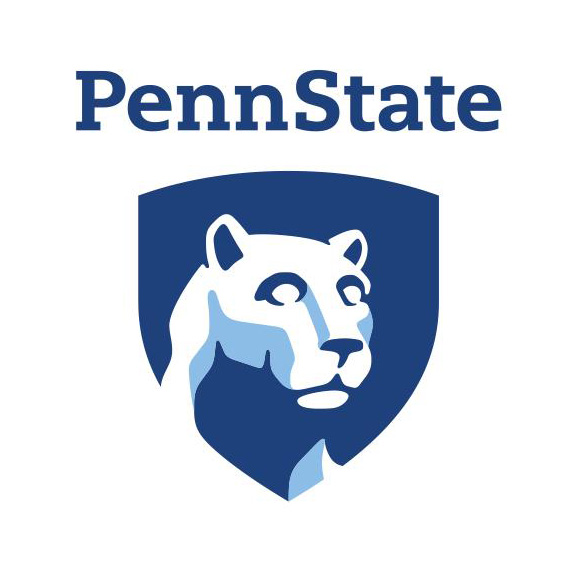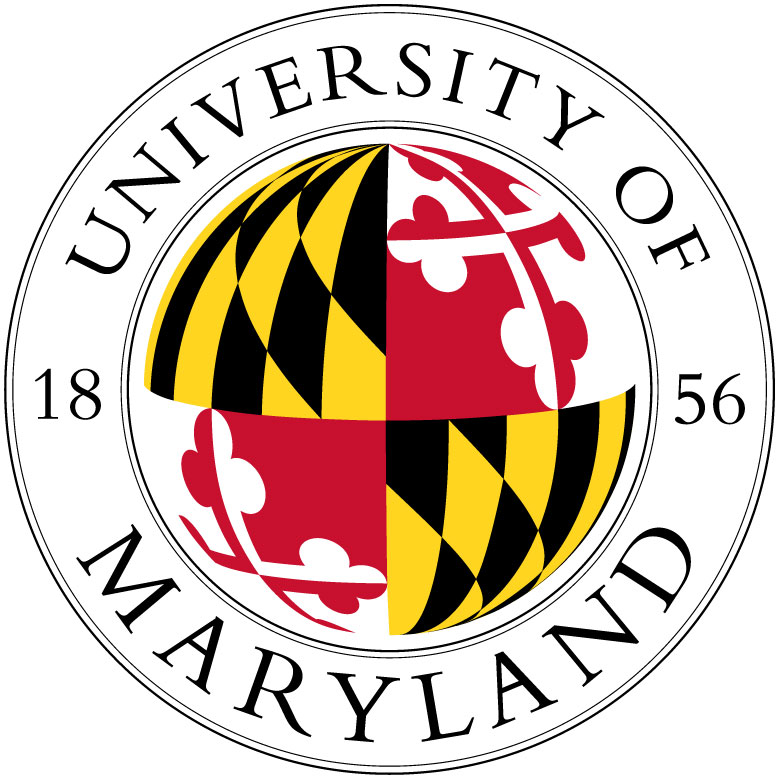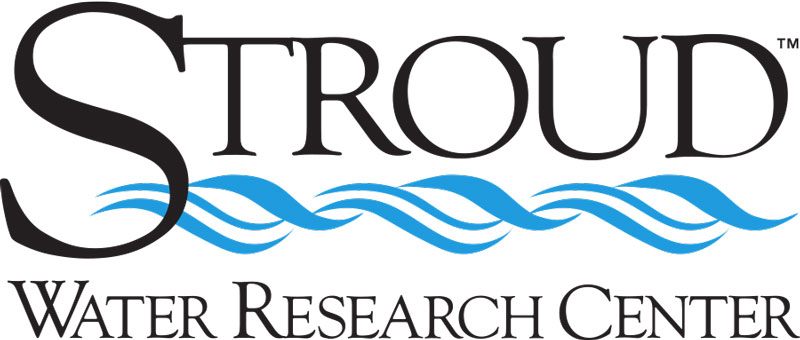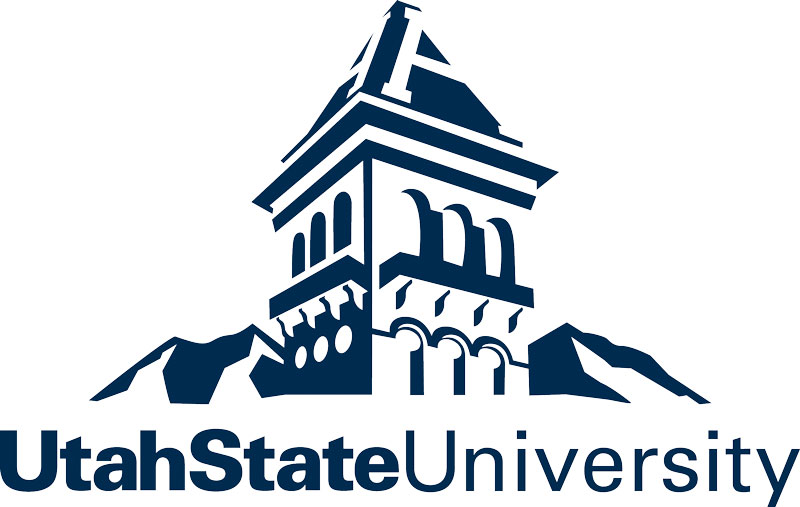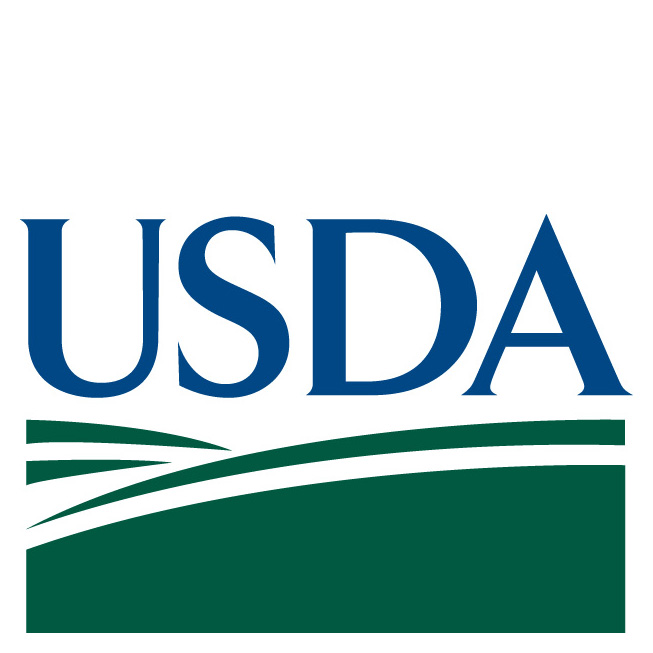Courses
Members of the project team teach or co-teach a number of courses bearing on agricultural sustainability in urbanized landscapes. Some of these courses are listed below. The project team is also planning to develop two new online courses, one undergraduate and one graduate, based on the project’s methods and findings.
ALS 4614 / NR 5614 - Virginia Tech
Watershed Assessment, Management, and Policy
ALS 4614 / NR 5614 - Virginia Tech
Watershed Assessment, Management, and Policy
Instructor(s): Darrell Bosch
Course Description: This course covers multidisciplinary perspectives of assessment, management, and policy issues for protecting and improving watershed ecosystems. Topics include: monitoring and modeling approaches for assessment, risk-based watershed assessment geographic information systems for watershed analysis, decision support systems and computerized decision tools for watershed management, policy alternatives for watershed protection, urban watersheds, and current issues in watershed management.
ENST 105 - University of Maryland
Soil and Environmental Quality
ENST 105 - University of Maryland
Soil and Environmental Quality
Instructor(s): Ray Weil
Course Description: This course covers soil as an irreplaceable natural resource, the importance of soils in the ecosystem, soils as sources of pollution, and soils as the media for the storage, assimilation, or inactivation of pollutants. The course examines acid rain, indoor radon, soil erosion and sedimentation, nutrient pollution of waters, homeowners' problems with soils, and the effect of soils on the food chain.
BE 307 - Penn State
Principles of Soil and Water Engineering
BE 307 - Penn State
Principles of Soil and Water Engineering
Instructor(s): Cibin Raj
Course Description: This course focuses on utilization and engineering of soil-water resources, including rainfall-runoff, soil-water movement, and erosion/sediment transport and flow processes. For each topic, the significance, underlying principles and equations are covered, along with further exploration in a practical and experiential mode with students sharing in problem formulation and team problem solving. Students are exposed to map use, representative soil profiles, cropping-management systems, and watershed-scale settings. Lab activities sequentially build from one lab period to the next, showing how each stage of soil and water engineering is used to develop a more complete watershed-type project.
AGECO 418 / ANSC 418 / SOILS 418 - Penn State
Nutrient Management in Agricultural Systems
AGECO 418 / ANSC 418 / SOILS 418 - Penn State
Nutrient Management in Agricultural Systems
Instructor(s): Charlie White
Course Description: This course applies the fundamentals of animal, plant and soil sciences to issues arising from the intersection of livestock production with water and air quality. Modern regionalization and concentration of animal production systems comes with environmental implications due to a net influx of nutrients to livestock farms. While some nutrients leave the farm in the form of animal products, 60 to 70% of the nutrients are excreted and applied to nearby crop land. This course emphasizes both scientific and practical understanding of sound nutrient management principals and strategies. The course also covers nutrient cycling and farm-level nutrient management planning.
ERM 411 - Penn State
Legal Aspects of Resource Management
ERM 411 - Penn State
Legal Aspects of Resource Management
Instructor(s): Matt Royer
Course Description: This course surveys the basic legal principles, regimes, and issues related to environmental protection and natural resource management. The courses offers instruction, discussion, and practical application of theories of environmental law and basic legal and regulatory regimes related to water, air, and land. The focus is on core federal legal regimes and statutes and their application in Pennsylvania. These legal regimes are explored through topical case studies, such as Chesapeake Bay restoration, Marcellus Shale natural gas extraction, and climate change.
HDNRE 574 - Penn State
Integrated Perspectives in Human Dimensions of Natural Resources and the Environment
HDNRE 574 - Penn State
Integrated Perspectives in Human Dimensions of Natural Resources and the Environment
Instructor(s): Jason Kaye
Course Description: This course covers the integration of biophysical, sociodemographic, sociocultural, and historical dimensions, and the application of interdisciplinary concepts, to contemporary natural resource and environmental issues. The issues covered include: sustainable energy, food, and fiber supplies; global climate change; threats to biodiversity; water pollution and availability; genetic modification; and sustainable design.
AGBM 497 - Penn State
Food Supply Chains and Covid-19
AGBM 497 - Penn State
Food Supply Chains and Covid-19
Instructor(s): Dave Abler
Course Description: Covid-19 has upended food supply chains. This course examines how food supply chains have been impacted by Covid-19; how businesses along food supply chains have responded, and the pros and cons of their responses; how food supply chains can become more resilient to future disruptions; how resilience interacts with efficiency and sustainability in food supply chains; how Covid-19 compares with other potential future disasters in terms of impacts on food supply chains and how businesses should prepare; and steps that farms, agribusinesses, food companies, and governments could take to improve food supply chain resilience, and how those steps may impact efficiency and sustainability.
AGBM 170Z - Penn State
Investigating the U.S. Food System: How Food Moves from Field to Table
AGBM 170Z - Penn State
Investigating the U.S. Food System: How Food Moves from Field to Table
Instructor(s): Ted Jaenicke
Course Description: The American food system is a product of a complex interaction of three systems: the natural ecosystem, the managed agricultural system, and the socio-economic system. Farming, food processing, food distribution, and consumption decisions are all governed by the interaction of these systems. This course investigates a number of overarching scientific and social "hot-button" topics that affect or are affected by the food system, such as genetically modified organisms (GMOs), organic crops and food, agricultural and food policy, environmental implications of agricultural production, food safety, diet and health, agricultural trade and international development, and domestic food insecurity and food access.

